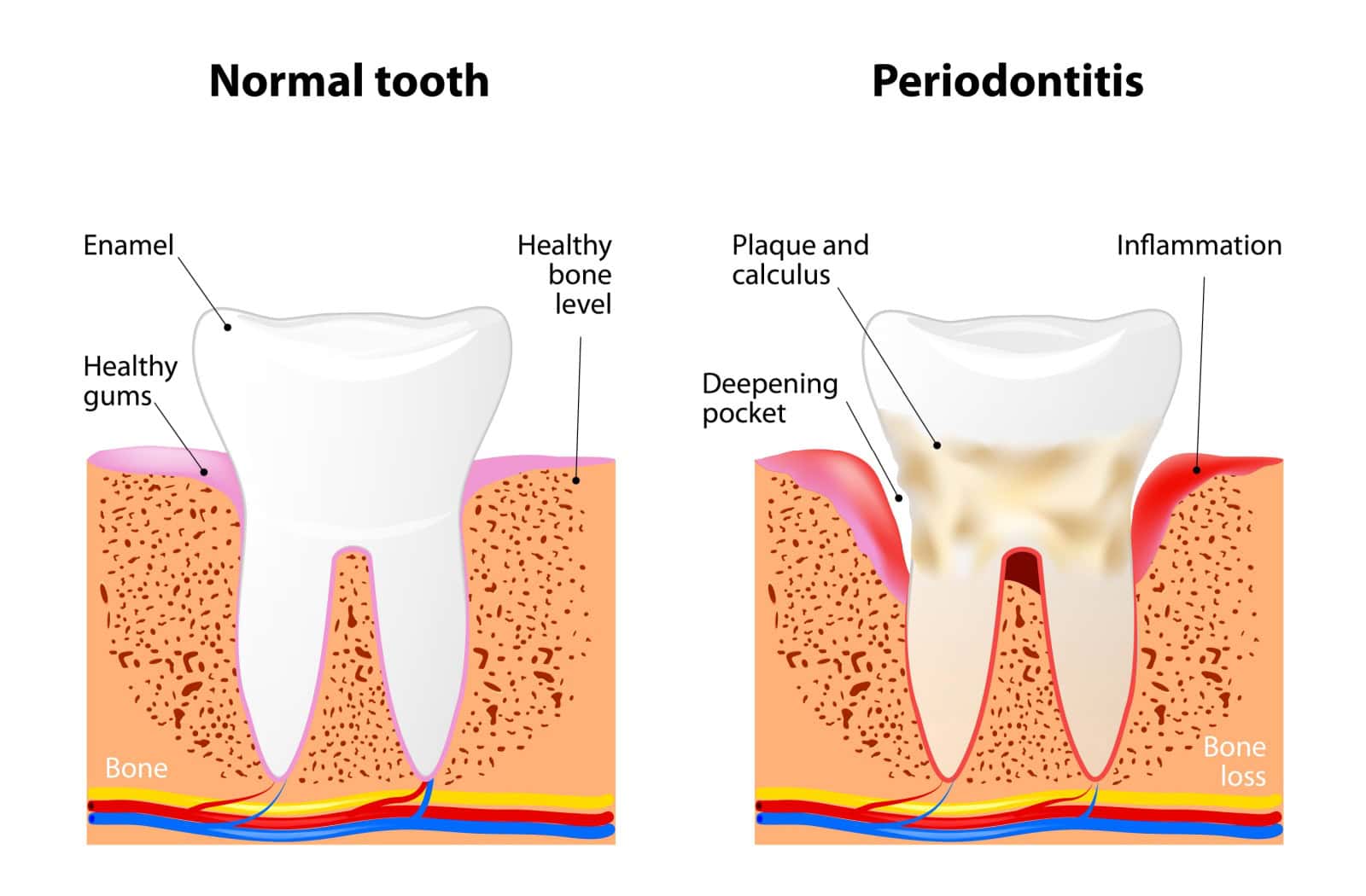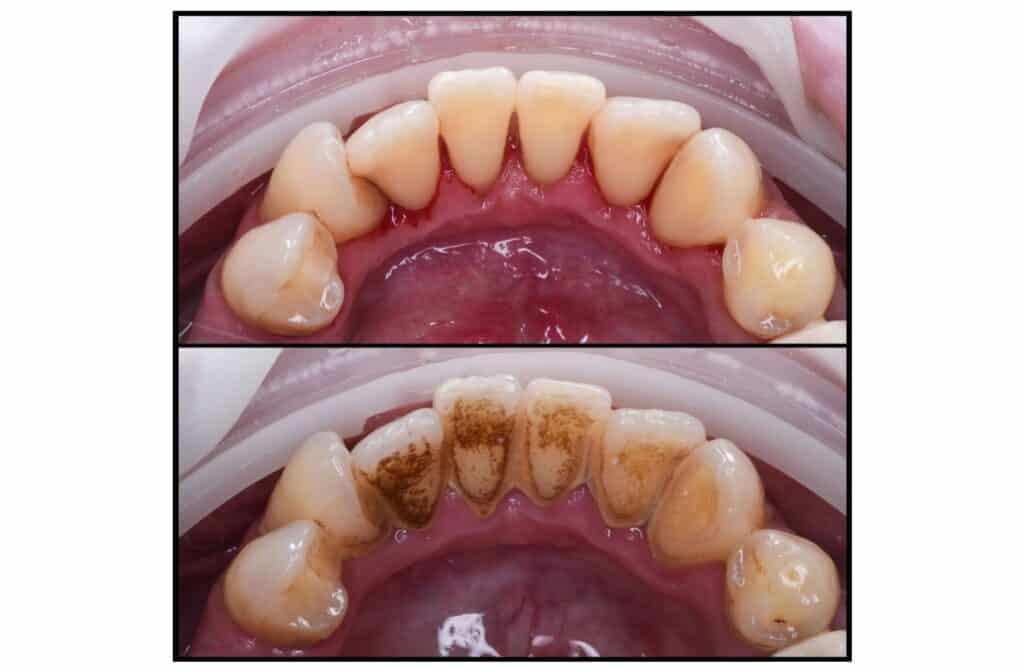Is Deep Cleaning for Teeth Necessary?
When it comes to dental hygiene, routine care such as brushing twice a day and flossing are standard advice. However, one often wonders about professional dental treatments beyond regular checkups and cleanings, such as deep cleaning.
Deep cleaning, also known as scaling and root planing, is a procedure dentists recommend to treat and prevent periodontal disease. It is often necessary if you show signs of gum disease. Let’s explore what deep cleaning entails, its necessity, and who it benefits the most.
Understanding Deep Cleaning
Deep cleaning is not the same as the standard cleaning you receive during a regular visit to the dentist. Regular cleanings involve removing plaque and tartar from above the gum line and polishing your teeth. In contrast, deep cleaning goes further to clean between the gums and the roots of the teeth. This procedure specifically targets removing plaque and tartar buildup beneath the gumline, smoothing the root surfaces, and reducing gum inflammation.
The need for this procedure arises from the presence of gum disease, technically known as periodontal disease. Gum disease begins when plaque, a sticky film of bacteria, builds up under and along the gum line. This can cause infections that hurt the gum and bone, leading to gum recession and tooth loss. Early stages of gum disease are known as gingivitis, which can usually be reversed with regular cleanings and better oral hygiene. Deep cleaning becomes necessary if gingivitis progresses into periodontitis, a more severe form of gum disease.
Signs You Might Need a Deep Cleaning
It is not always obvious when you need a deep cleaning, as some symptoms of gum disease can be subtle. Here are some signs that may indicate the need for this treatment:
- Persistent bad breath that does not go away after brushing and flossing.
- Red, swollen, or tender gums that often bleed during brushing or flossing.
- Gums that have pulled away from the teeth, creating pockets.
- Loose teeth or changes in how your teeth fit together when you bite.
If you notice any of these symptoms, it is essential to consult your dentist. They can measure the depth of the gum pockets with a special tool. If the pockets exceed 4 millimetres, your dentist may recommend a deep cleaning.

Benefits of Deep Cleaning
The primary goal of deep cleaning is to halt the progression of periodontal disease. Here are some of the key benefits:
- Reduces gum inflammation: By removing the plaque and tartar from beneath the gum line and smoothing out the root surfaces, deep cleaning helps reduce inflammation and allows the gums to heal.
- Prevents tooth loss: By tackling the underlying cause of periodontal disease, deep cleaning can prevent the disease from progressing to the point of causing tooth loss.
- Improves overall health: Research has linked periodontal disease to other health issues like heart disease, diabetes, and respiratory disease. Maintaining healthy gums can help keep your overall health in check.
When Deep Cleaning Is Not Necessary
Deep cleaning is not a routine procedure for everyone. It is specifically aimed at those with signs of moderate to severe periodontal disease. If your gums are healthy and you do not have deep gum pockets, the procedure might not be necessary. Regular cleanings are generally sufficient for maintaining good oral health in such cases.
What to Expect During & After a Deep Cleaning
Deep cleaning is typically performed over 1 or 2 visits to the dentist, depending on the extent of the gum disease. Since the procedure can be uncomfortable, local anesthesia is often used to numb the gums and roots. Post-treatment, you may experience some sensitivity and swelling, which typically subsides within a few days. Proper home care and possibly follow-up treatments are essential to prevent the condition from returning.
Follow-Up Care
Proper home care after a deep cleaning is vital for the treatment’s success and for preventing periodontal disease recurrence. Follow-up visits are typically scheduled to monitor the healing process and determine if further treatment is necessary. During these visits, your dentist will check the depth of the gum pockets to assess whether they have reduced and whether the gums are reattaching to the teeth properly.
Depending on the initial severity of your gum disease, your dentist might recommend more frequent cleanings—possibly every 3 or 4 months—to prevent the accumulation of plaque and tartar that can lead to a recurrence. These maintenance visits are crucial and should be followed alongside good daily oral hygiene practices.
When to Book a Deep Teeth Cleaning
Whether or not deep cleaning is necessary depends on individual dental health status. It is a crucial intervention for preventing the progression of periodontal disease, which can lead to more severe health issues if left untreated. Always adhere to regular dental checkups, as these are the moments when potential problems can be caught early. If recommended by your dentist, undergoing a deep cleaning can be a proactive step toward maintaining your oral health and overall well-being.
To learn more about deep teeth cleanings, contact South Ancaster Family Dental today!

